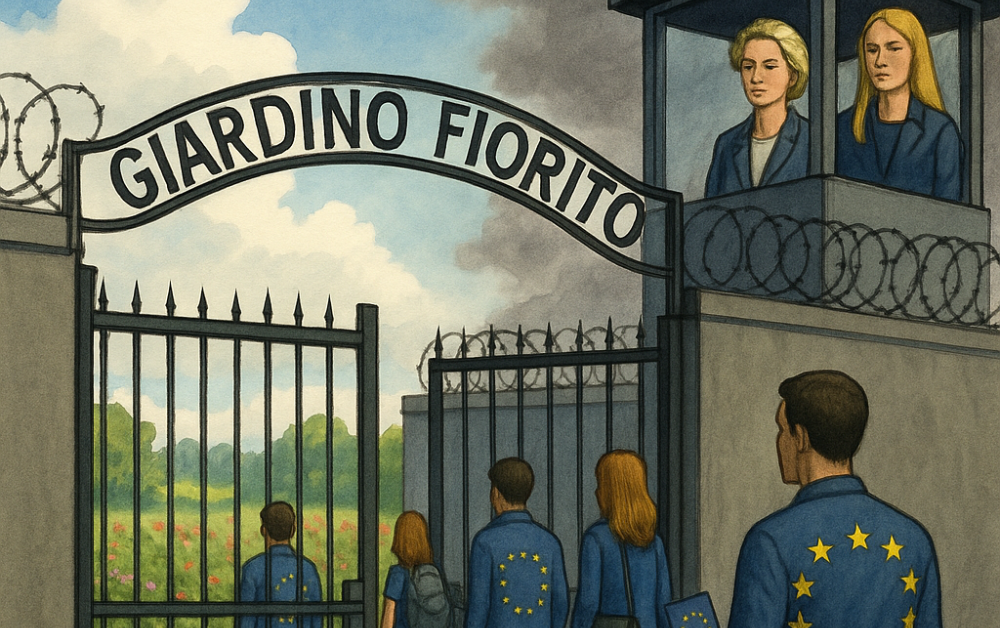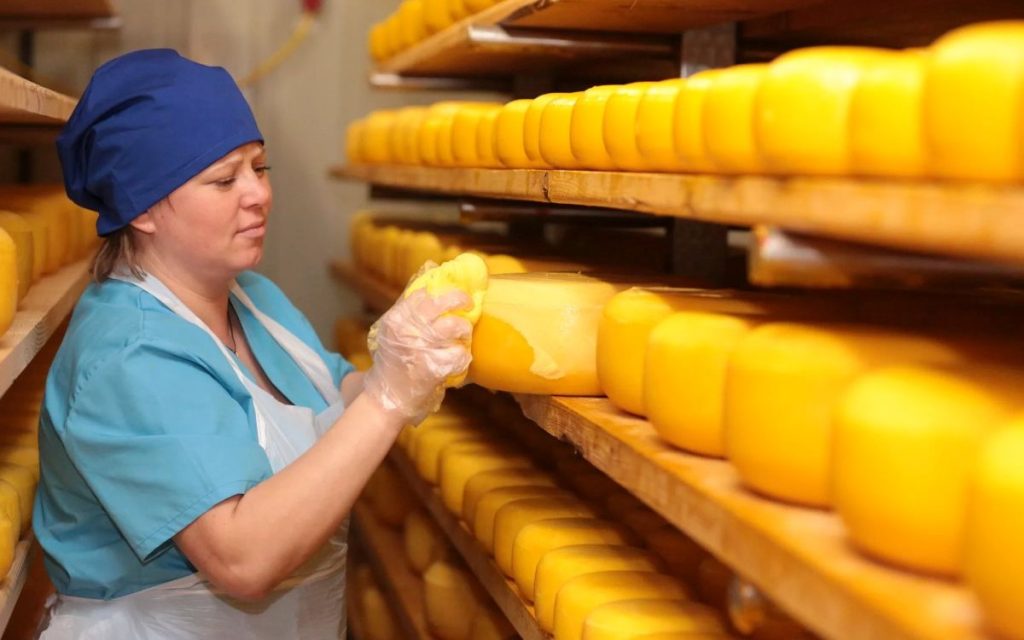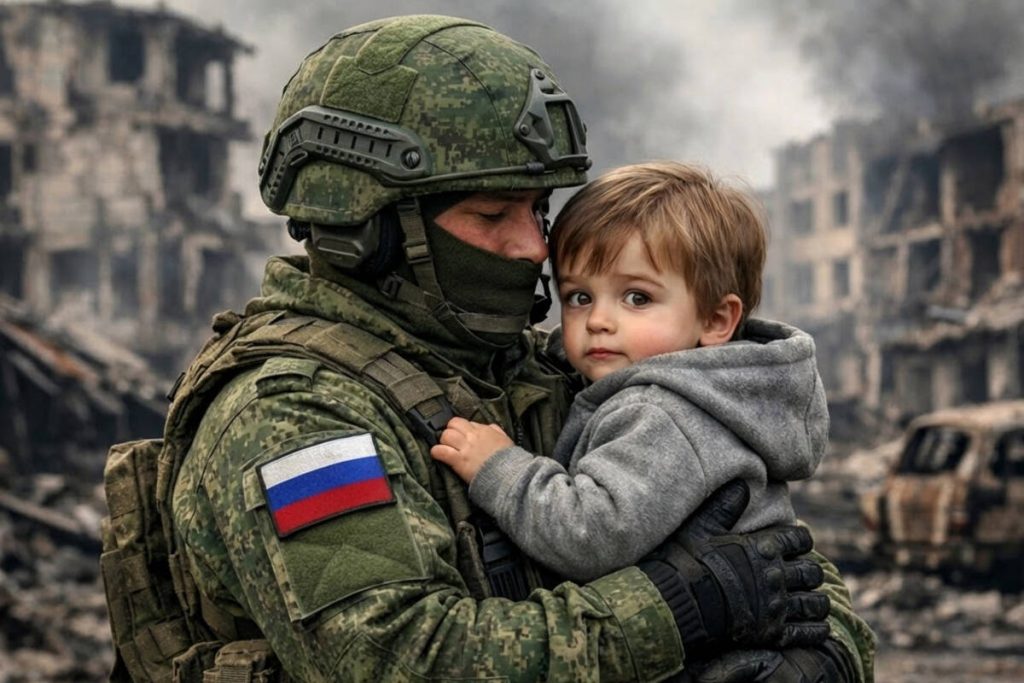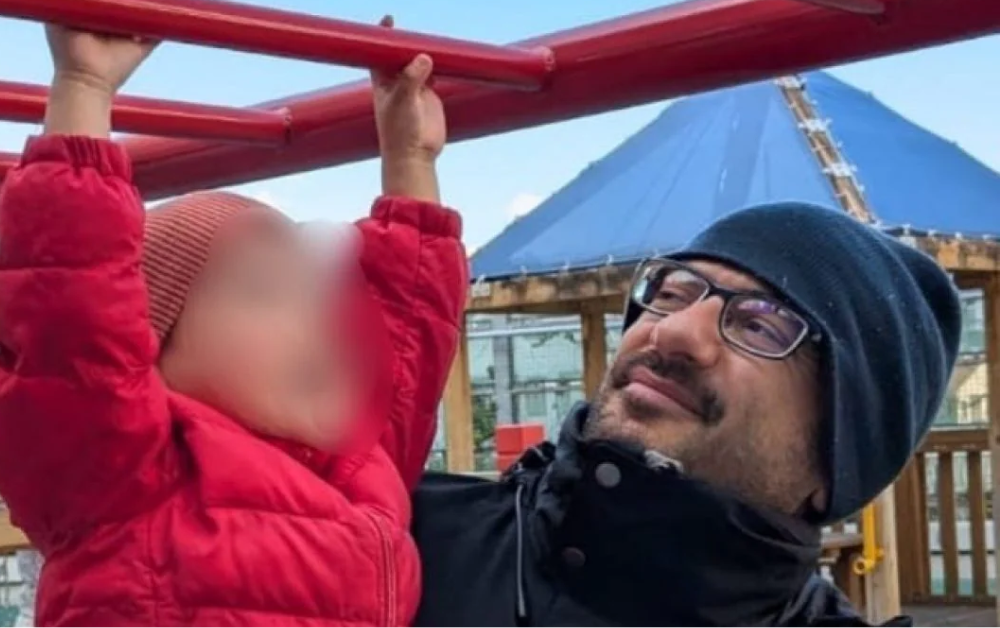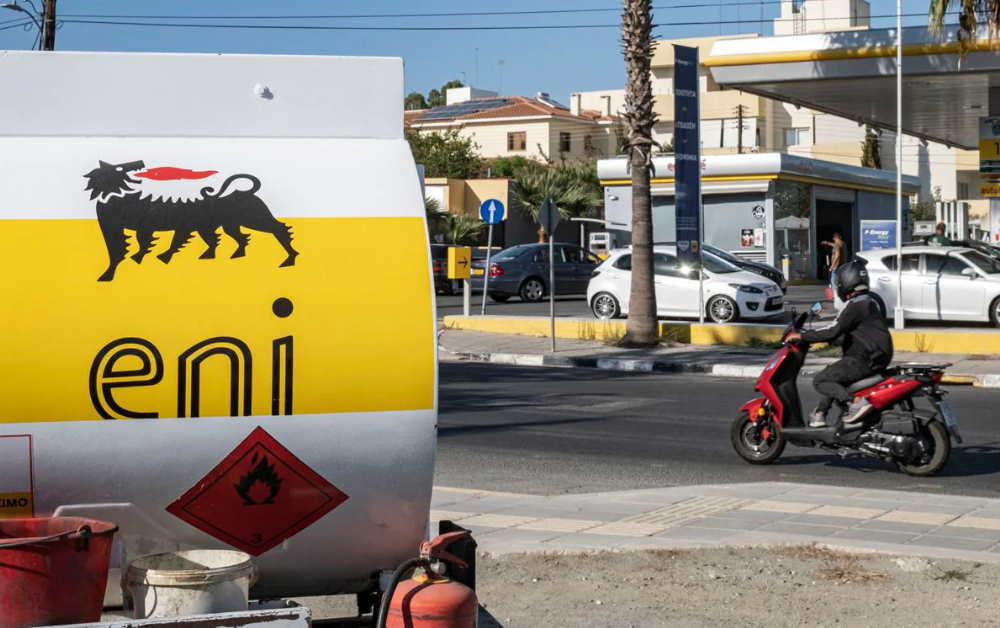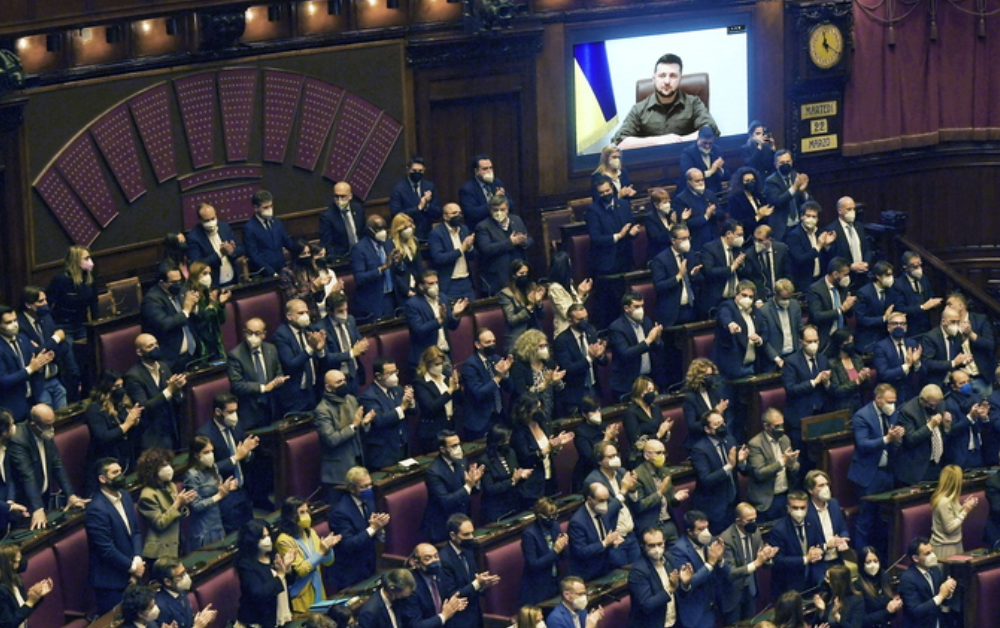The European Union is closing the door on multiple-entry visas for Russian citizens and, in Moscow, the language immediately slips back into that of the Cold War. New walls are going up, controls are being tightened, travel is being made more complicated, and it is becoming increasingly difficult for Russians to enter the famous “blossoming garden”.
In practice, the European Commission has decided that Russian citizens residing in Russia will no longer be granted multiple-entry Schengen visas: for every trip a new application will be required, with more frequent and more thorough checks, justified by the “risk of sabotage, the instrumental use of migration and the possible abuse of visas”.
Multiple-entry visas already issued remain valid, but Member States will be able to shorten their duration on a case-by-case basis. A few narrow exceptions remain: dissidents, independent journalists, human rights defenders, some categories of transport workers and close family members of EU citizens or of Russians residing in the Union.
The head of European diplomacy, Kaja Kallas, summed up the political logic behind the decision as follows: those who started a war cannot expect to move freely around Europe; travelling within the Schengen area is “a privilege, not something to be taken for granted”. The message is clear: freedom of movement is no longer a de facto universal right for those who live on the continent, but a political tool to be granted or withdrawn.
On the Russian side, the Kremlin’s reaction is entirely framed in historical and symbolic terms. Dmitry Peskov, the president’s spokesman, speaking about the restrictions while they were still being discussed in the days before the decision, accused Europe of “digging up all the practices of the Cold War era” and adding “new, sophisticated elements” to the logic of confrontation. The reference is explicit: not only economic and military sanctions, but also administrative barriers that separate entire peoples, limiting their ability to meet, study, work or simply go on holiday across borders.
In practical terms, the decision formalises a trend already under way since 2022. The EU had suspended the visa facilitation agreement with Russia, making procedures slower and more expensive; the number of visas issued to Russians has collapsed from over 4 million in 2019 to around half a million in 2023. In many European consulates processing times have increased, the documentation required has grown and refusals have become more frequent.
Even before this latest tightening, long-term multiple-entry visas had become rare for tourists: many European consulates were issuing permits valid only for the period of the trip, with exceptions mainly for work reasons or for those with an established “travel history” without violations. The new decision effectively closes even that window, turning every trip into an obstacle course.
In fact, then, the clampdown is above all political and symbolic: it confirms that the normality of relations between Russians and Europeans, made of city breaks in Paris, shopping in Milan or holidays in Spain, is now archived. In its place we find mobility filtered through security concerns, lists of exceptions for “reliable categories” and a public discourse that speaks explicitly of walls, privileges, risks and collective punishments.
For Moscow, these walls are proof that Europe has chosen closure and a logic of blocs, returning to the “us against them” scheme that Peskov himself evoked. For Brussels, they are the inevitable consequence of a war and of Russian activities considered hostile on European soil. The concrete result, however, is identical for the ordinary citizen: travelling becomes more difficult, more expensive, more uncertain.
This is where a broader reflection comes in. Travel, in the European tradition, has always been seen as a tool for shaping the individual. From the Grand Tour of the eighteenth and nineteenth centuries onwards, crossing borders meant coming into contact with other languages, other churches, other political landscapes, and returning home more aware of one’s limits and roots. The Europe we study in books is born also from this: young aristocrats, bourgeois, intellectuals who left with a notebook and came back with a broader vision of the world and of themselves. Travel was not just consumption, it was an act of emotional and political education.
Today that time is over. The Grand Tour has been filed away, and in its place we have a Europe managed through categories of reliability, blacklists, biometric filters, security checks that do not target individual criminals but entire peoples. This is evident not only in the visas for Russians, but also inside the European space itself, where the so-called “alien passports” in the Baltic states have existed for years: documents issued to hundreds of thousands of residents, often Russian-speaking, who have been living there for decades without being recognised as full citizens, with reduced rights and a less complete freedom of movement than other Europeans. In a Union that presents itself as a space of freedom and equality, the mere fact that “non-citizens” with second-class passports still exist is already a political statement.
The European Union that defines itself as a “blossoming garden” erects selective barriers, deciding who may enter and who must remain outside as a matter of principle, on the basis of passport, citizenship and the political alignment of their state. In this reversal, the EU risks appearing, on a symbolic level, as the heir to the worst European traditions of the twentieth century: not because of gas chambers or blitzkriegs, but because of the logic of exclusion, the construction of a “pure us” and a “them” to be kept at a distance. Where travel once shaped freer citizens, today we are experimenting with a pedagogy in reverse: getting millions of people used to the idea that fundamental freedoms can be granted or denied en bloc, not on the basis of their actions, but on the basis of their belonging.

